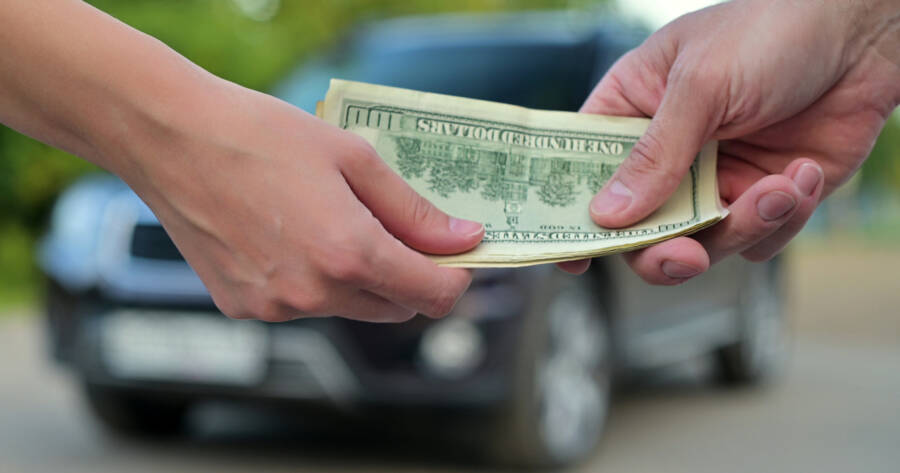- Maximizing the sale price of your used car should be a priority for anyone selling.
- Taking the time to conduct a bit of basic research can go a long way to determining a fair price.
- Be willing to put in a bit of physical labor when it comes to cleaning the vehicle and making detailed ads.
- Watch out for potential scams, but then you can use the extra cash to fund the purchase of your next car — or whatever else you need the money for.
Selling a used vehicle for top dollar can be tricky. Cars, trucks, and SUVs depreciate in value as soon as they are purchased. Not only that, but many other things can happen over the life of a car to lower its resale value considerably. However, as an owner, there are steps that you can take to help your vehicle retain its value as much as possible. That means you can get the most money possible for it when the time comes to sell it. Follow these 12 steps to protect the investment you have made in a vehicle and ensure it’s sold for a fair price (or more!)
12. Keep The Vehicle Clean
Keeping your car clean is a no-brainer. Unfortunately, it’s often easier said than done. Sure, we all know that it’s a good idea to keep the exterior and interiors of our car clean. However, it can be difficult to find the time with the hectic pace of life today. This is especially true if you have children (or pets) who seem to actively create new messes faster than you can possible tidy them up. Over time, though, a persistently dirty interior or exterior can lead to body corrosion, faded carpets and seats, and permanent stains.
At worst, these can impact the vehicle’s performance. At best, they can still make the car look like an eye sore. These cosmetic blemishes will put off some potential buyers at resale time. It’s a good habit to to give your car a thorough cleaning at least twice a year, and more often if possible. If you can afford, spend a couple hundred bucks to get it professionally cleaned, inside and out, once a year.
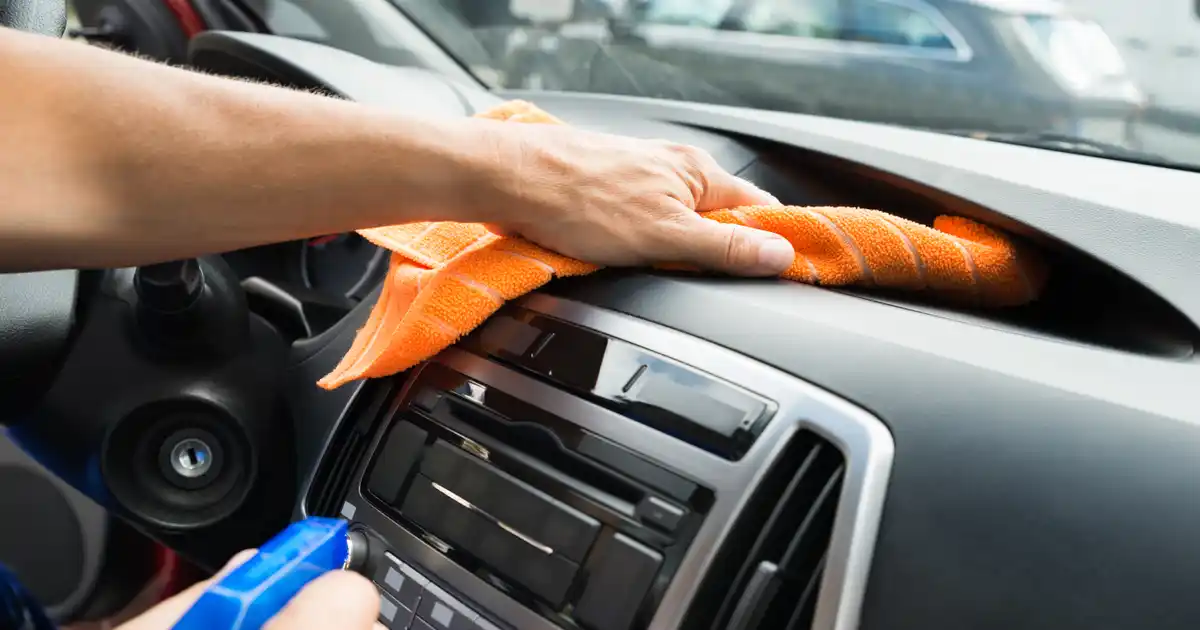 Shutterstock
Shutterstock11. Know Which Vehicles Retain Their Value
Not all vehicles are created equal. Some cars are known for retaining their value much more than others. Being a savvy car owner and knowing which vehicles retain their value over many years is important. Check out the Used Car Information Center at NADAguides.com. It will let you compare the price of both new and used vehicles, hopefully leading you to buying something that will hold more of its value.
This is simply smart consumerism and expert car buying. Too often, we are attracted to vehicles by their brand, appearance or price. We rarely take the time needed to assess the financial implications of long-term ownership.
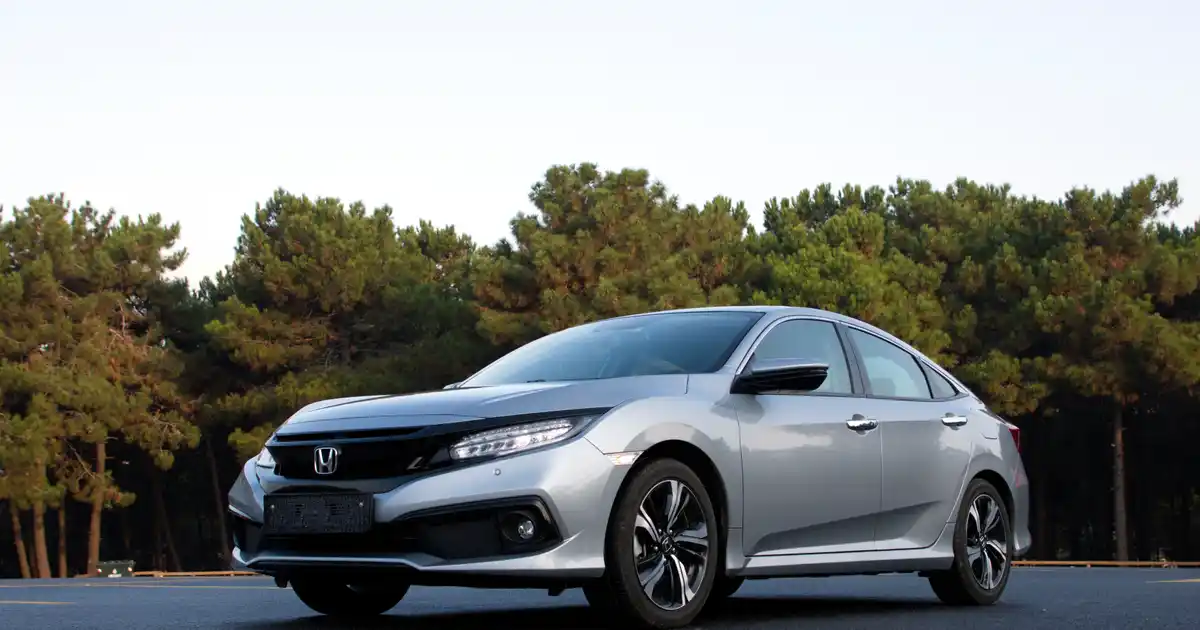 Shutterstock
Shutterstock10. Your Vehicle As An Investment
They say that a car is a terrible investment. And that’s true, since it’s a depreciating asset. It’s never going to be worth as much tomorrow as it is today. Despite that reality, your car still retains some level value when you re-sell it or trade it in at a dealership. So even though a vehicle is a bad investment (in terms of earning a return on your money), you can still maximize your value by remembering that your car still has value until the moment you sell it.
This mindset goes long way to helping people treat their car with care and respect. If you view your car as a tool for transporting yourself from Point A to Point B (as opposed to a toy that you drive hard and wear down quickly), you’ll end up having a more valuable item when it comes time to sell it.
 Shutterstock
Shutterstock9. Watch The Mileage
The first thing anyone will ask when inquiring about the vehicle you’re selling is: “How many miles does it have on it?” It doesn’t matter if it’s the salesman at a used car lot or a neighbor down the street. The number of miles on a vehicle has a huge impact on how much it’s worth. The more miles, the less value. So watching the mileage and keeping it low is critically important.
Most people drive an average of 12,000 and 15,000 miles per year. Anyone who drives more than 20,000 miles a year is considered a heavy user of their vehicle. A car’s value drops steeply once it has more than 100,000 miles on it. Cross the 200,000 mile mark and the value plummets further. So, think twice before driving across country and back. Alternatively, consider trying to sell your car before the mileage numbers pile on. Then get into something newer for yourself.
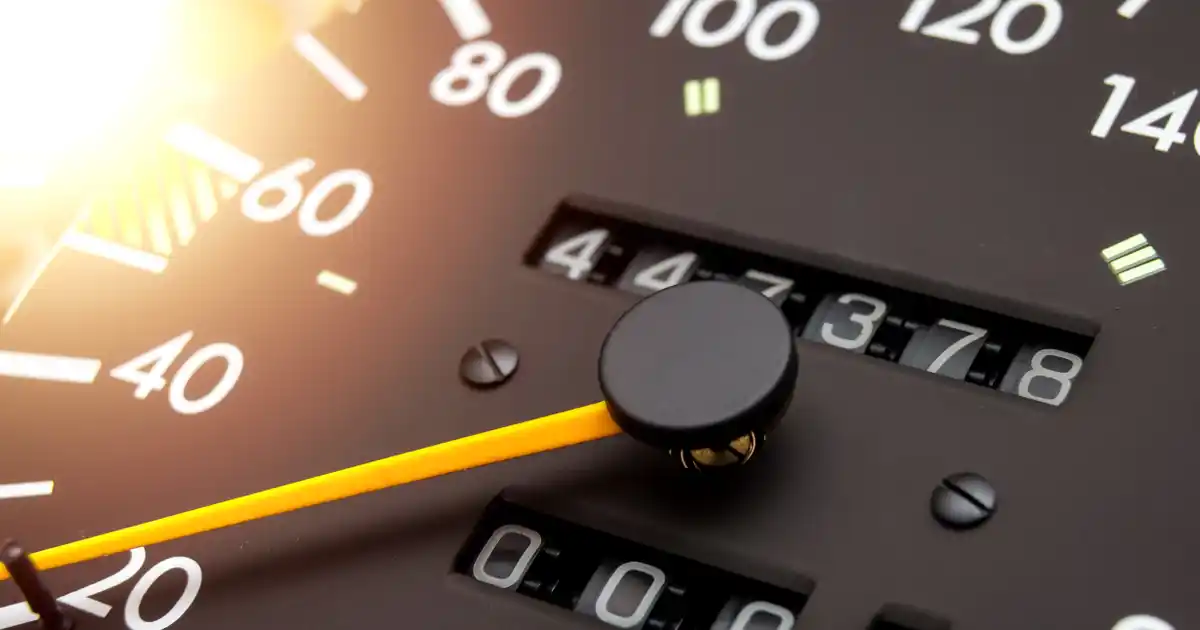 Shutterstock
Shutterstock8. Avoid Rust
Rust is like cancer. Over time, rust can corrode, spread, and eat away at both the exterior and interior of any vehicle. Therefore, rust should be avoided like the plague. In fact, you should actively fight against its spread. Drivers who live in a cold climate with harsh winters should be sure to wash their vehicle regularly to remove salt deposits that can eventually lead to rust.
It’s also advisable to get a car undercoated with a rust proof spray to avoid salt deposits from building up on the frame and the underside of the quarter panels and fenders. There are also commercial sprays that prevent rust that you can buy to keep your car protected throughout the year. All of these preventative measures will help your used car be worth more when it comes time to sell it.
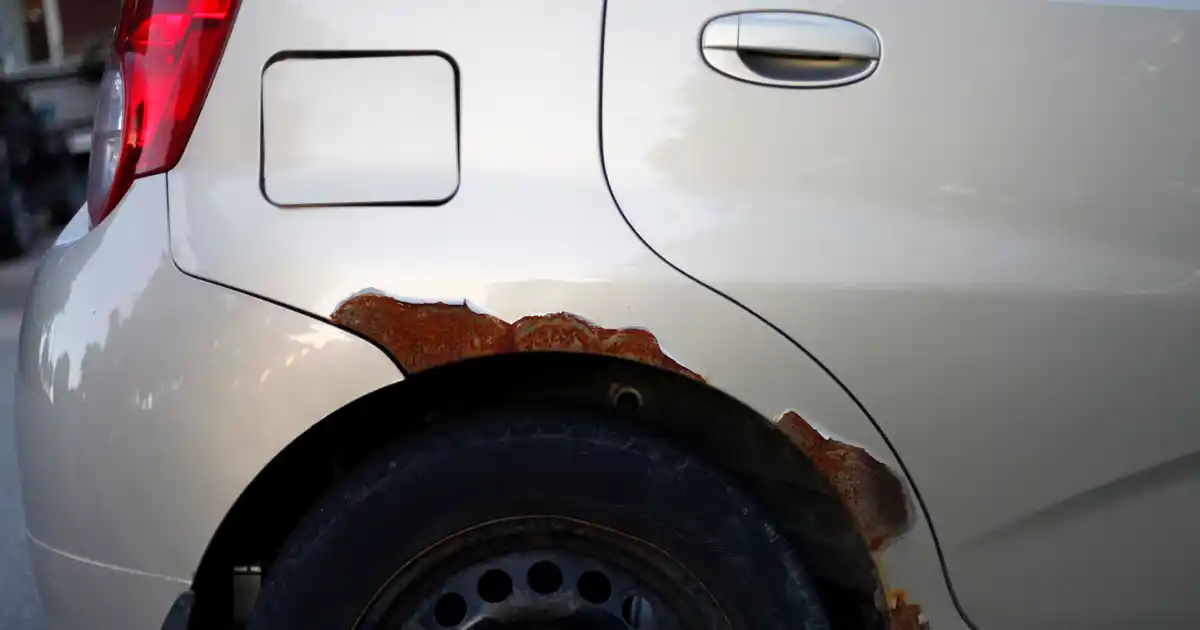 Shutterstock
Shutterstock7. Store Your Vehicle Properly
Your garage is for more than storing old furniture and sports equipment. Believe it or not, it’s actually designed for you to park your vehicles inside. Furthermore, using your garage for its intended purpose is actually a good idea — especially if you live in an extremely hot or cold climate. Too much sun can fade the outer surfaces of a car, including the body paint, trim and moldings.
Conversely, extremely cold temperatures can wreak havoc on a car’s engine and related components. By storing a car indoors in a climate-controlled environment, you can avoid costly repairs and help maintain the vehicle’s value over the long-term. So, clear out your garage and park your car in it tonight.
If you don’t have a garage, you can still try to be careful about where you park your car. Maybe there’s a covered parking garage nearby, or a shady spot on your property. (Although avoid parking under trees, if possible. Decomposing leaves, sap, and bird droppings can also damage your car’s finish over enough time.)
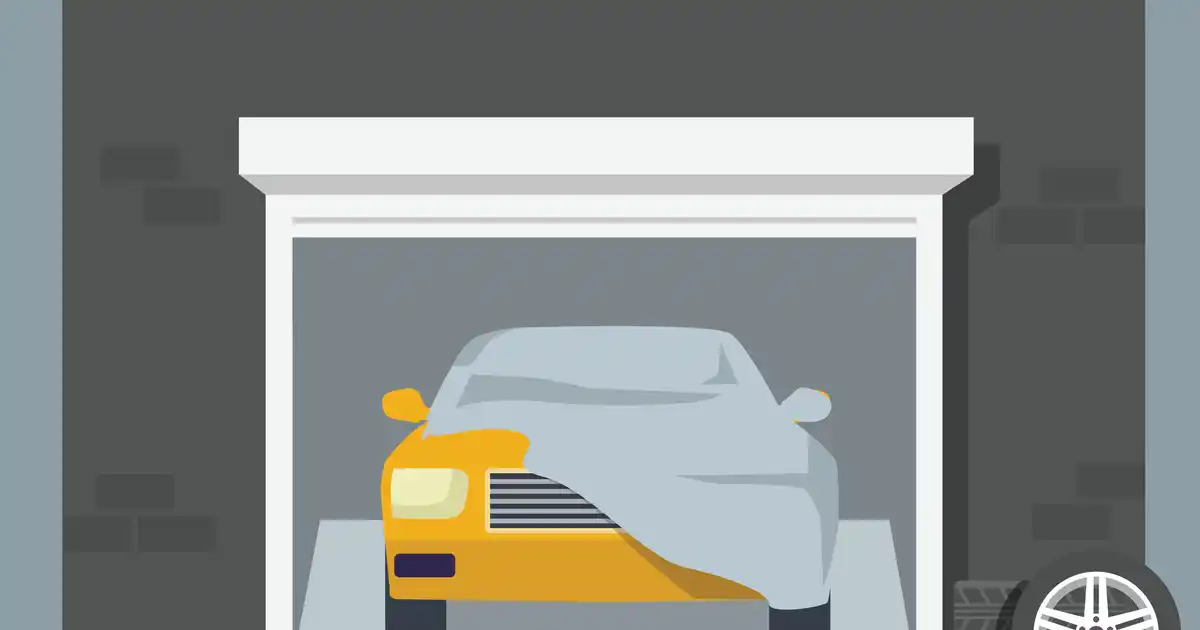 Shutterstock
Shutterstock5. Fix The Body
Keeping the body of a car pristine during its lifetime is impossible. Inevitably, every vehicle is going to get some nicks, scratches, gouges, or dents. Avoid these if you can, sure. However, by the time any car is four or five years old, it’s almost certainly going to have some imperfections on the exterior. Getting these little things repaired before listing your vehicle for sale is a good idea.
We’re not saying that you have to spend a lot of money on a professional body shop or to have the vehicle completely repainted. Chances are you wouldn’t recover those costs in the sale price. However, taking your car to a reputable body shop and getting the scratches and nicks touched up is a good idea. After all, nothing looks worse than seeing patchy spots on a vehicle from a do-it-yourself paint job
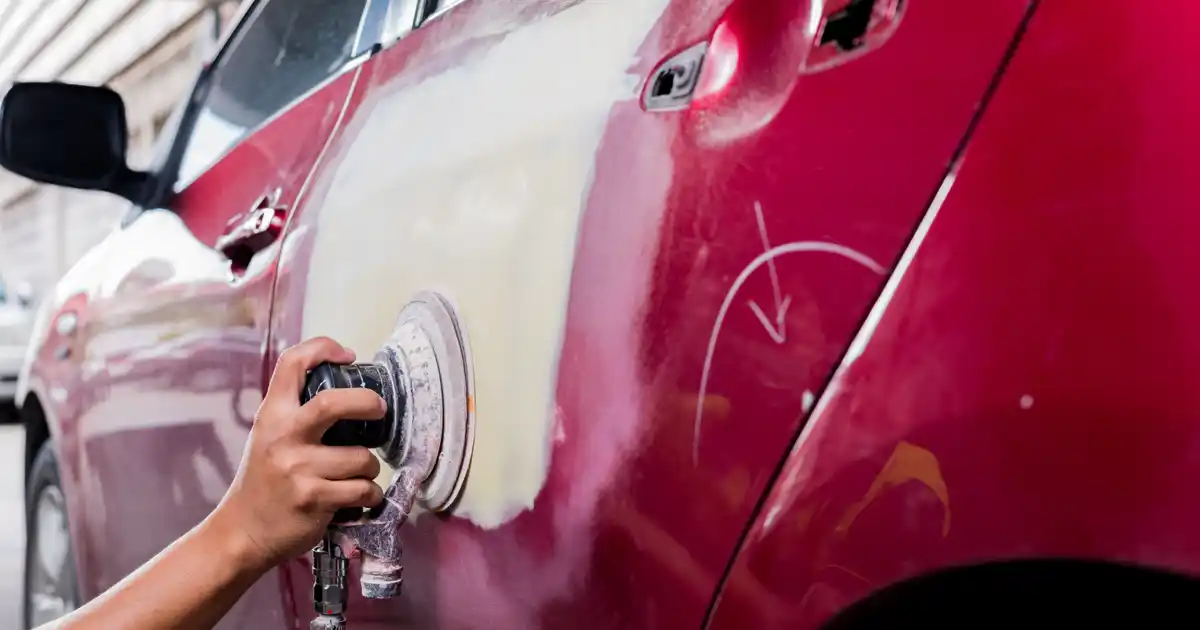 Shutterstock
Shutterstock4. Maintain Fluids and Tire Pressure
Have you checked the oil in your car lately? When was the last time you put air in the tires? These are small things that most of us don’t give much thought to. However, they are important to keeping any vehicle running smoothly. The oil, for example, helps to ensure that the engine performs optimally. Keeping the right tire pressure will improve the mileage on a car.
Taking time to check the oil and air pressure (and adding them when needed) are small, inexpensive things that can pay big dividends in the long run. Best of all, they are easy to do yourself whenever you stop to fill up the gas tank.
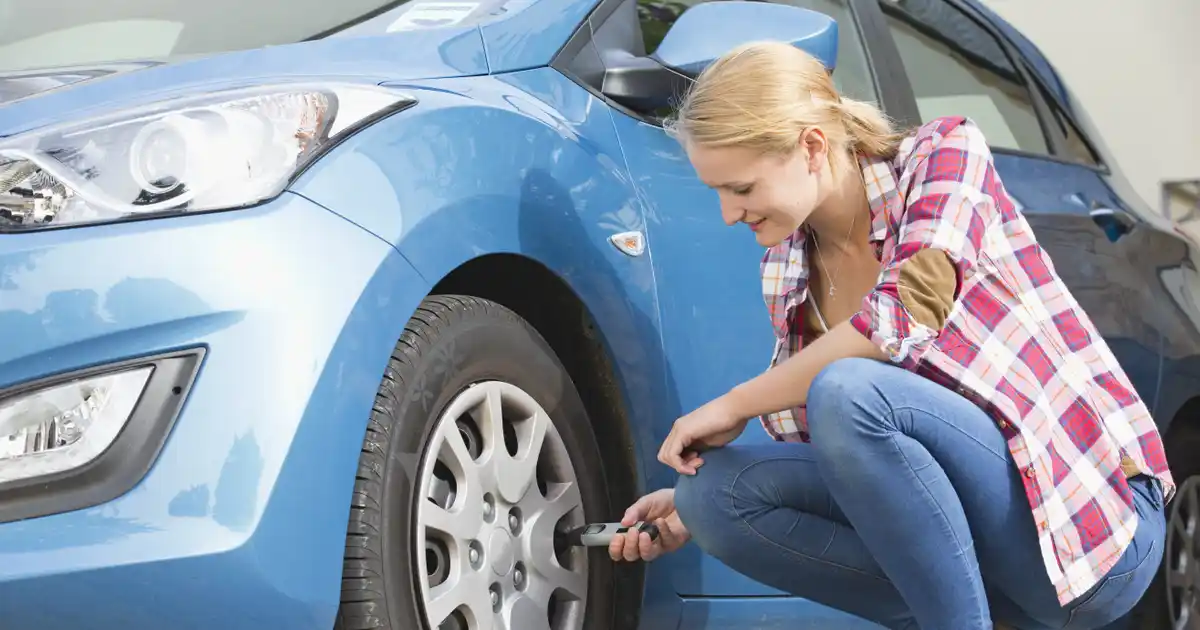 Shutterstock
Shutterstock3. Draft a Punchy Advertisement
If you’re advertising online or in a local newspaper (and you should), be sure to write an advertisement that will get noticed. This will require that you use punchy language that piques a buyer’s interest and gets them to contact you. Shorter ads are always better. Hit the high points of your car, the price, and a phone number or email address where interested buyers can learn more. Don’t make the advertisement too long by focusing on tedious details.
Mention the year, make, and model of your car (obviously), as well as the mileage and asking price. If you want, you can note that the price listed is “firm,” meaning that there is no room to negotiate. Or you can specify that you’re open to offers and further negotiation. Be sure to list any especially attractive special features, like a sunroof, leather seats, satellite radio, or GPS navigation.
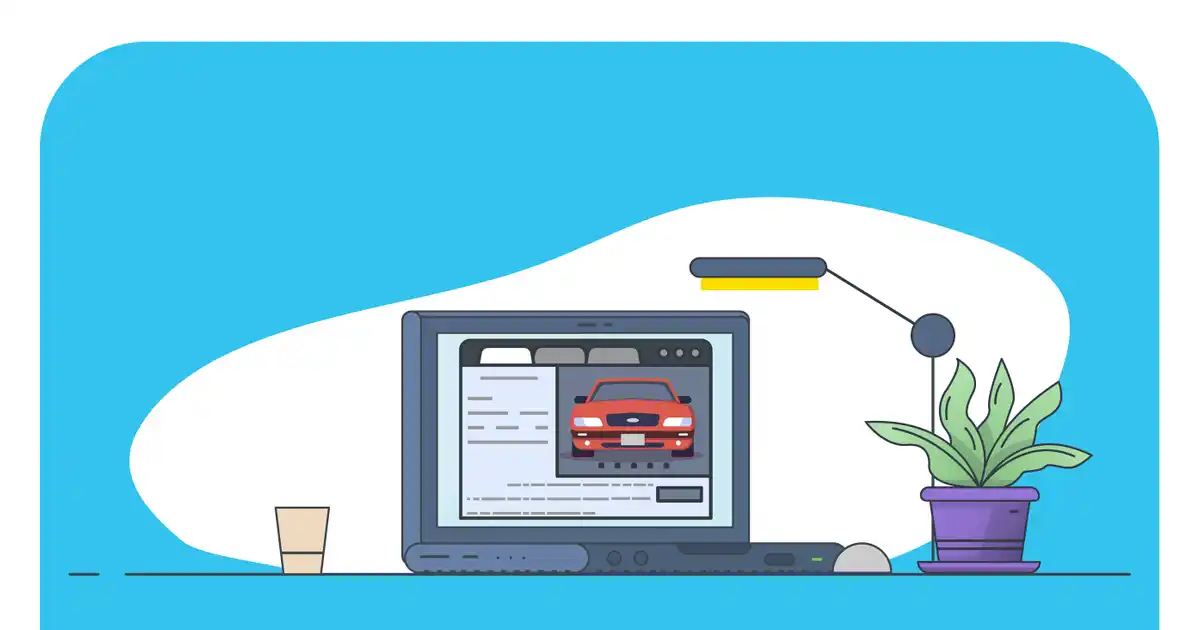 Shutterstock
Shutterstock2. Use a Standard “AS/IS” Bill of Sale
Once your vehicle is sold, the last thing you want is for the buyer to come back claiming that expensive repairs were needed and blaming you for any problems that popped up after the deal was done. To protect yourself, be sure to draw up an “AS/IS” bill of sale, which stands for “As It Is.” This means that you’re selling the car in the exact condition it’s currently in, with no guarantee or warranty of performance or longevity.
When buying a used car, it is the buyer’s responsibility to ensure the car is in good working order. In fact, we recommend they get a mechanical expert to give it a thorough inspection first. Ultimately, though, a buyer cannot come back to you claiming that you owe them money for repairs or demanding a refund if the vehicle breaks down. (Unless it can be proven that you purposely lied about the condition of the car, so don’t do that.)
To get an AS IS bill of sale template, just search online. You will quickly come across plenty of examples that can be downloaded and printed. In the U.S., there are many State forms that can be easily found and used. This is a great way to protect yourself.
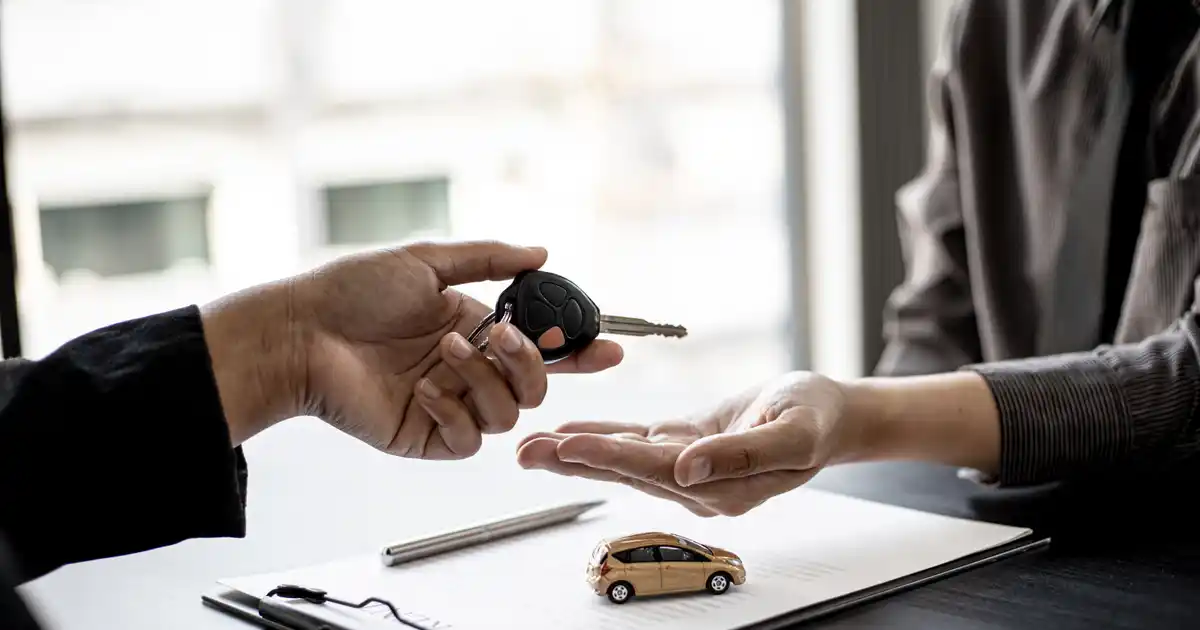 Shutterstock
Shutterstock1. Cash or Certified Check Only
There are lots of scam artists out there. As such, you should only accept cash or a certified checks (which is as good as cash) from the buyer. Never accept personal checks or online money transfers (from PayPal or other vendors) unless you personally know the buyer and where they live. There are too many ways for people to manipulate things and rip you off with these payment methods.
Getting cash upfront before turning over the keys is the best way to ensure that you get paid properly and in full. The last thing you want after going through this process is to find out you’ve been taken for a ride. Even if you’re accepting cash, it’s still a good idea to meet at a local bank branch so you can verify the cash and deposit it immediately. It’s better to walk away satisfied that you got the price you wanted for your used vehicle, and that you have the money in your pocket.
 Shutterstock
ShutterstockThe Bottom Line
Selling your used vehicle can be a stressful hassle. You’ll get lots of low ballers and flakey prospective buyers. However, by following a few common sense steps, you can ensure that your vehicle retains its value and that you get the most money possible for it. Be careful and diligent when preparing to sell your used car.
Whether you sell the vehicle yourself via a private sale or bring it to a car dealership, you want to ensure that your car shows and performs optimally. That way, you’ll be in the best position possible to negotiate a high price for it. Take the time you need to understand the market where you live. If you’re ever in doubt, don’t be afraid to ask for some time to consider an offer while you do more research.
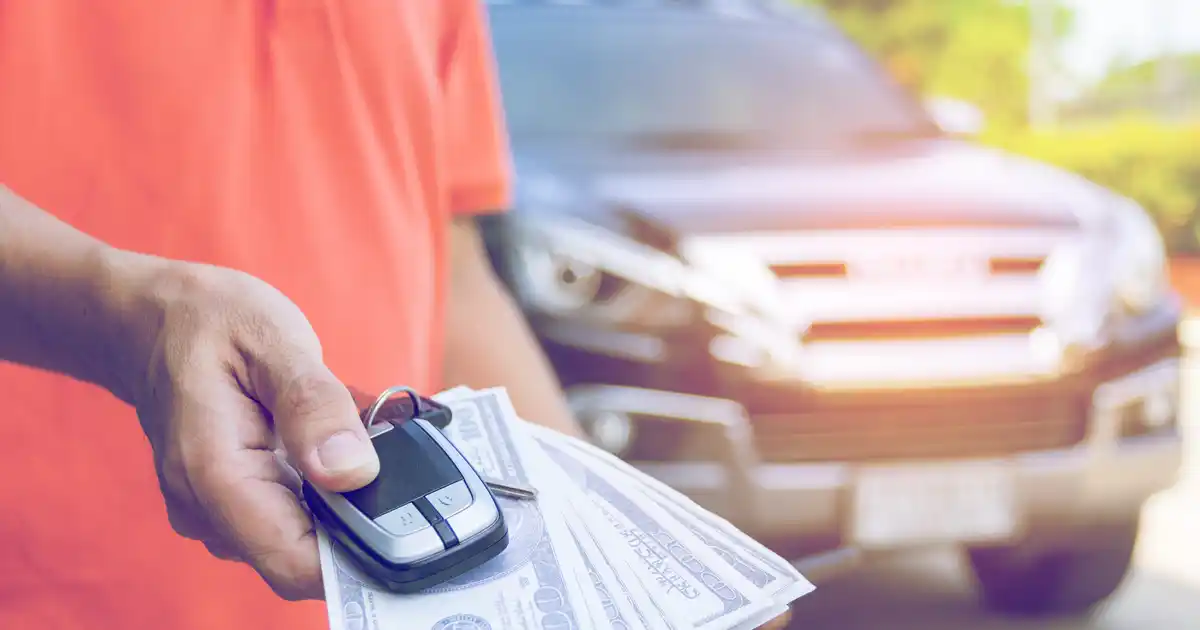 Shutterstock
Shutterstock